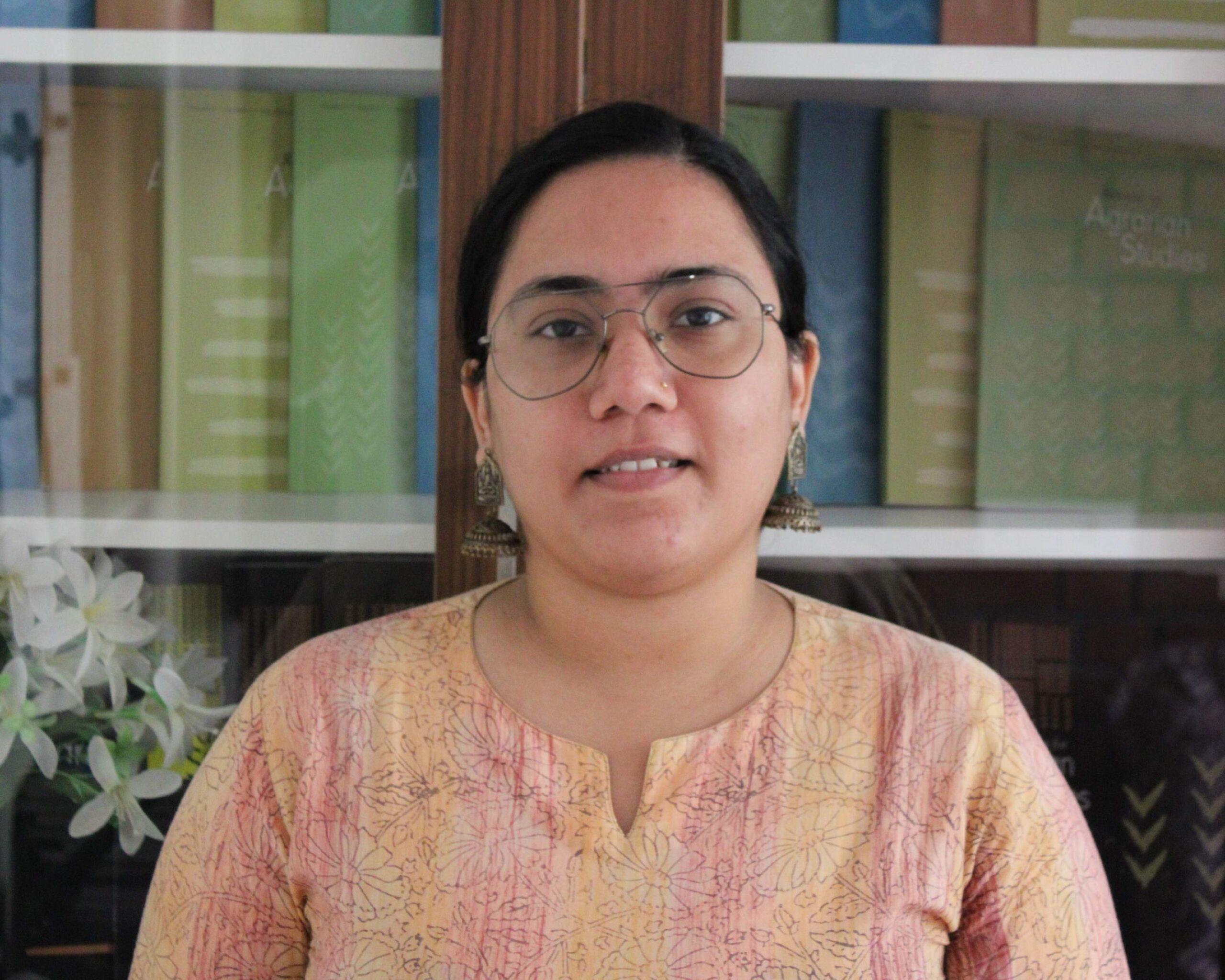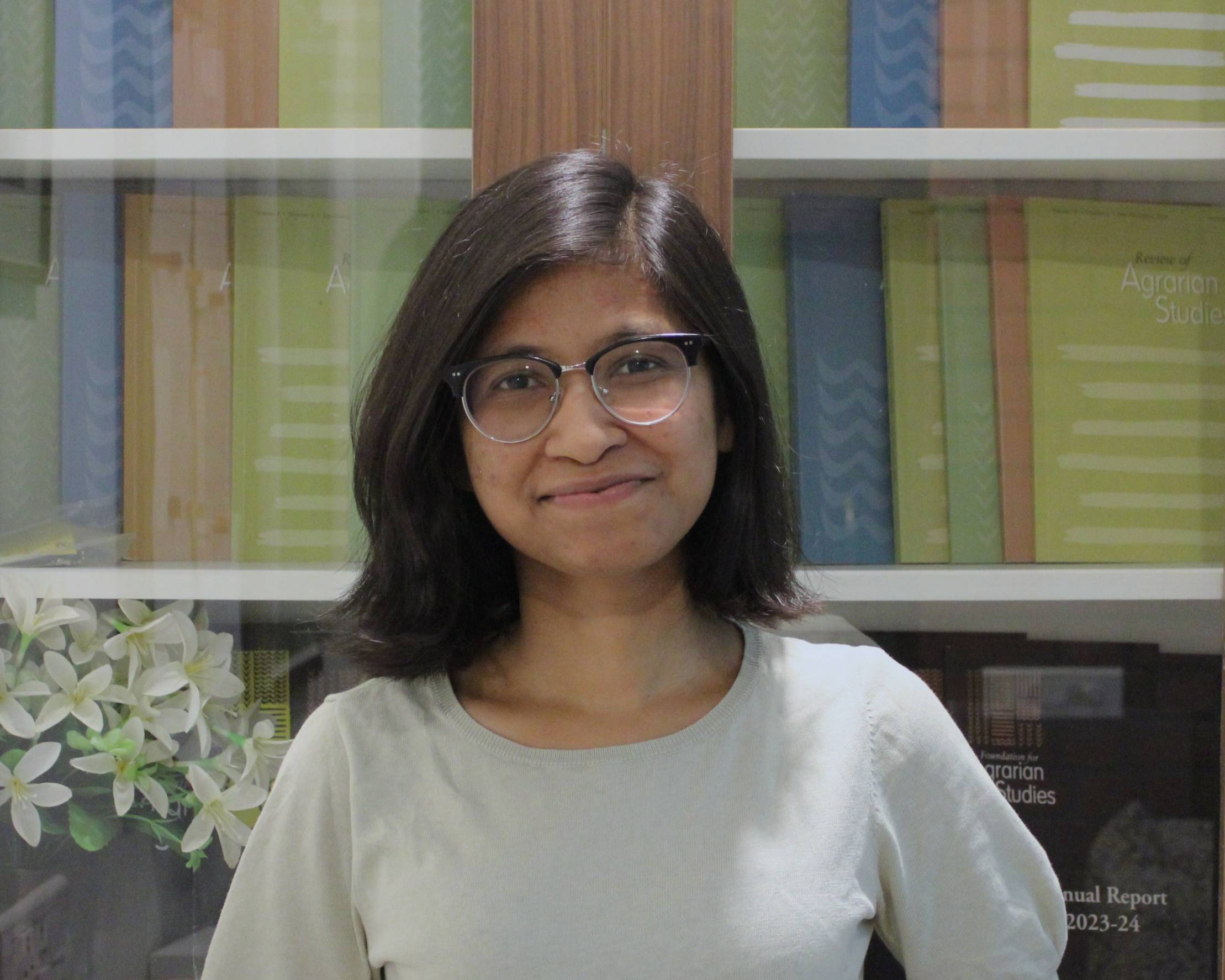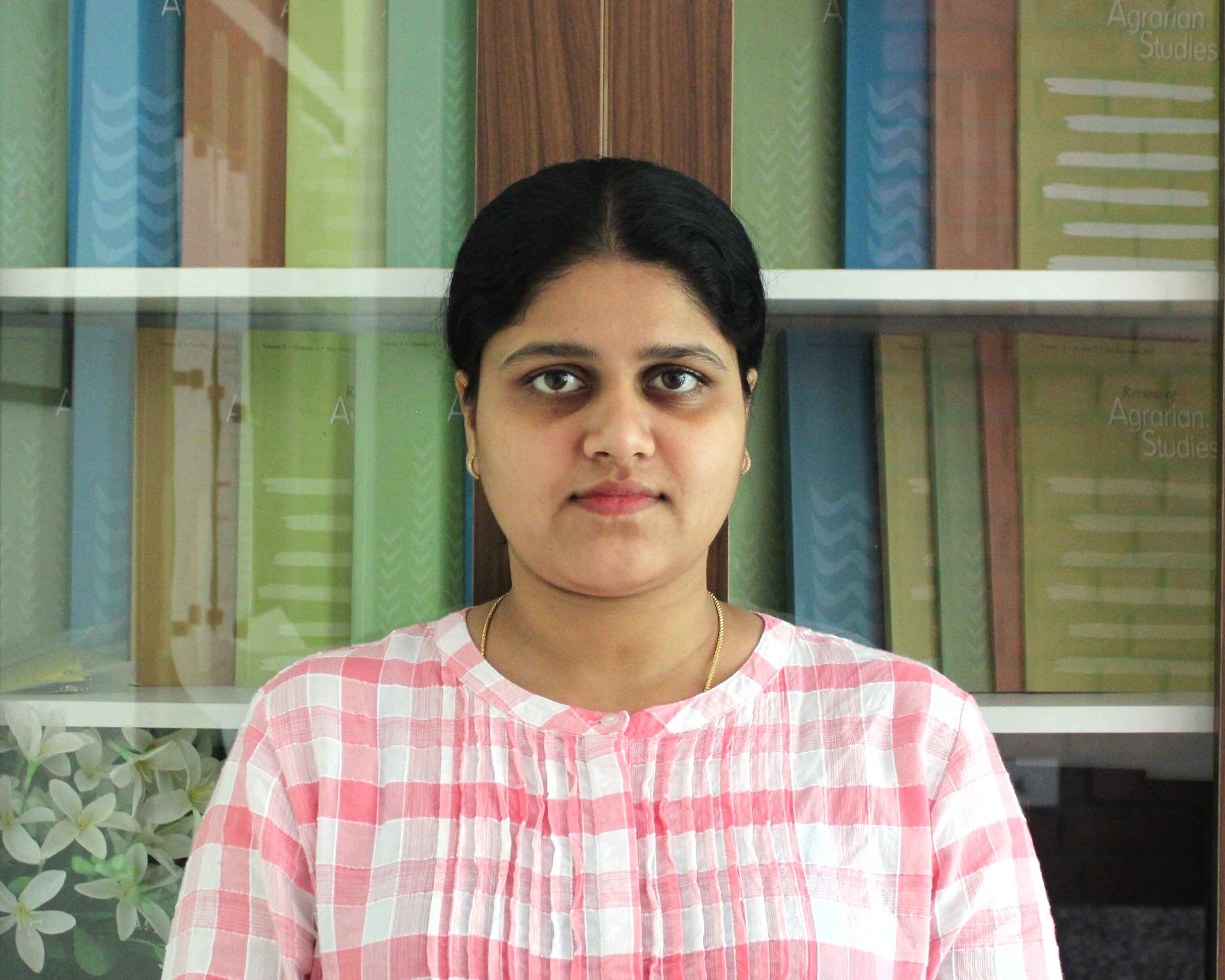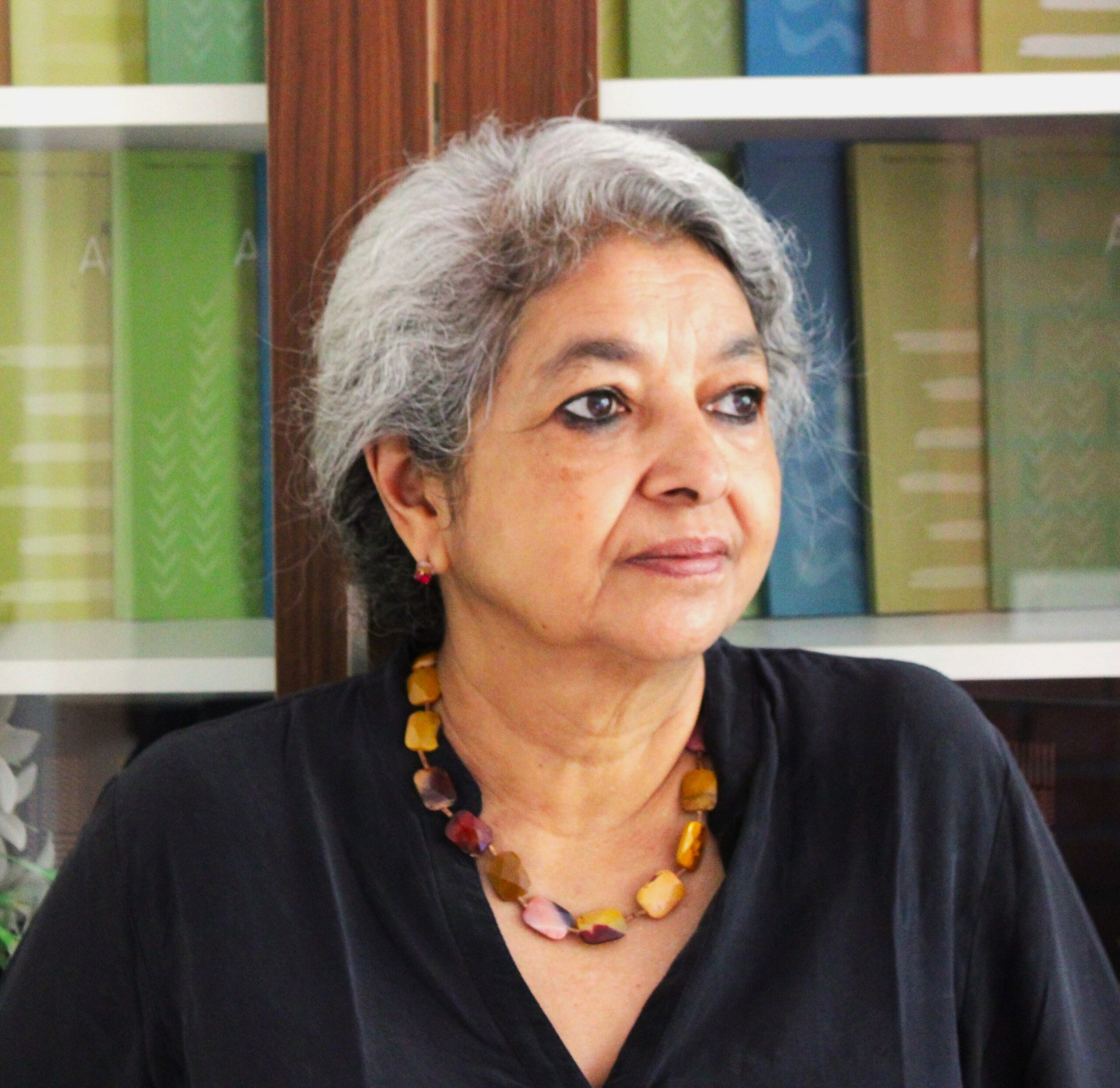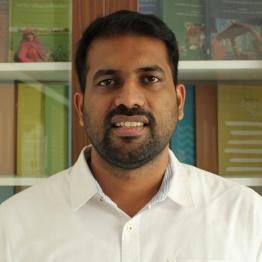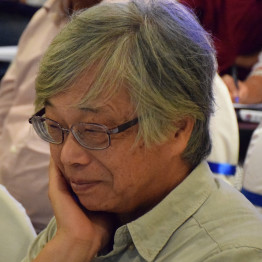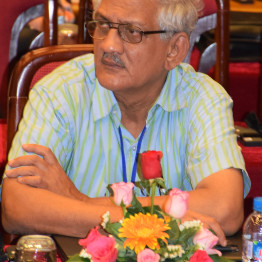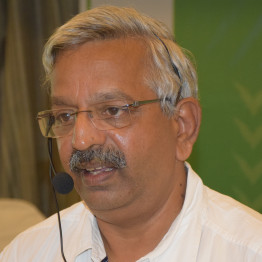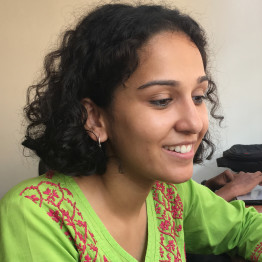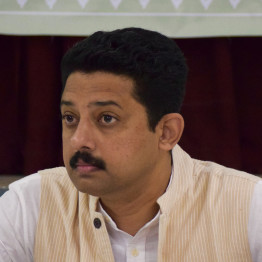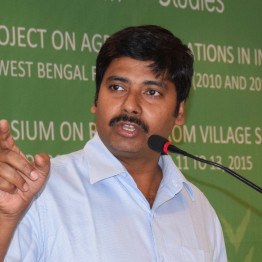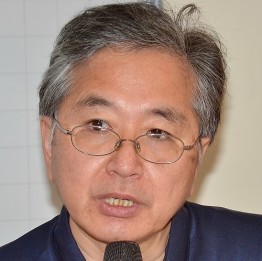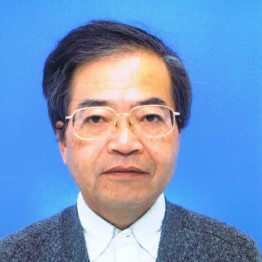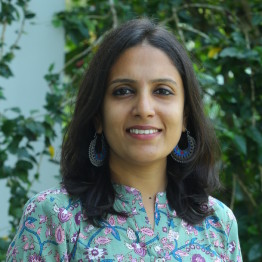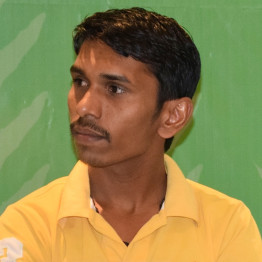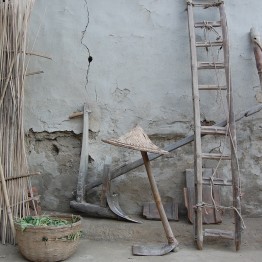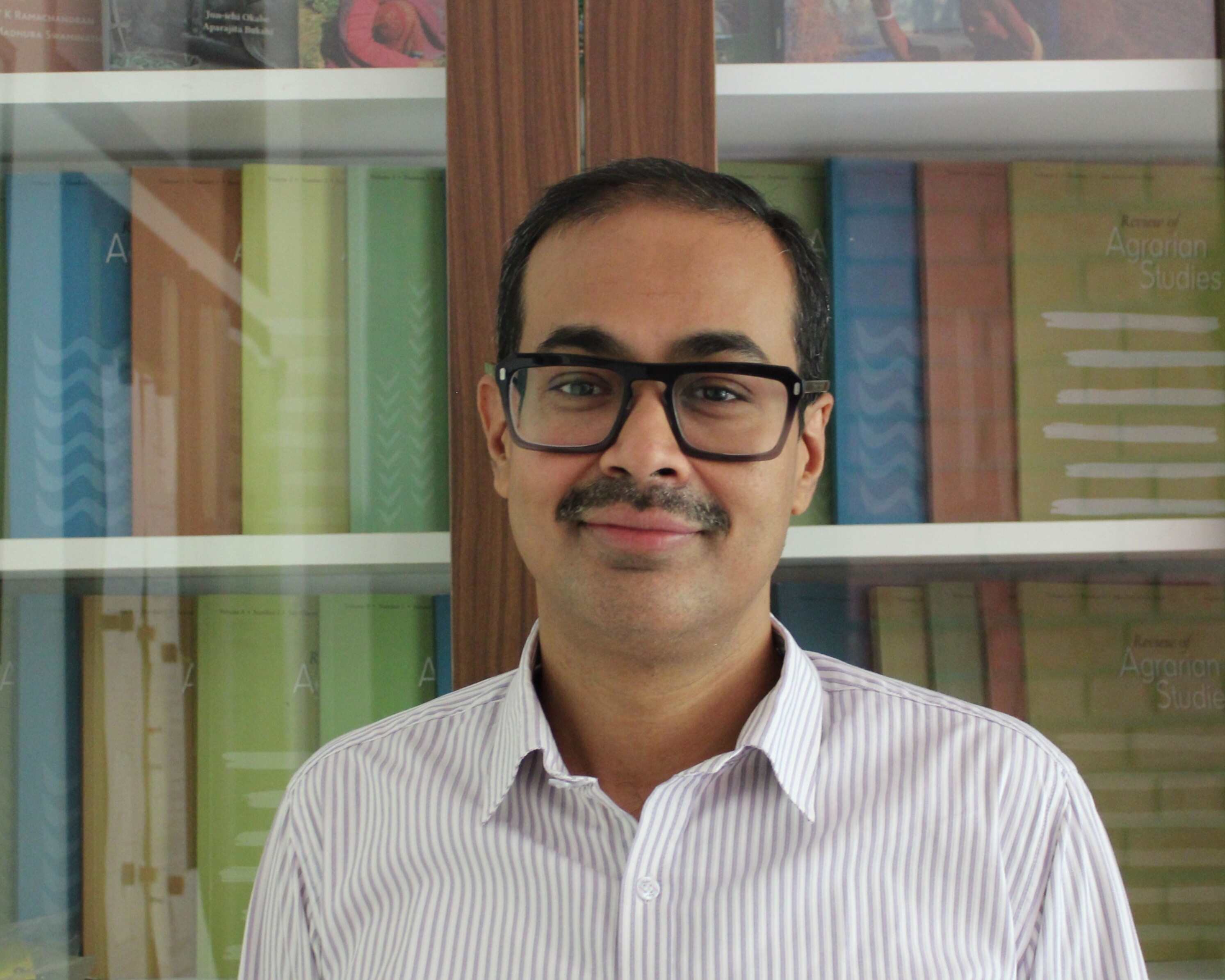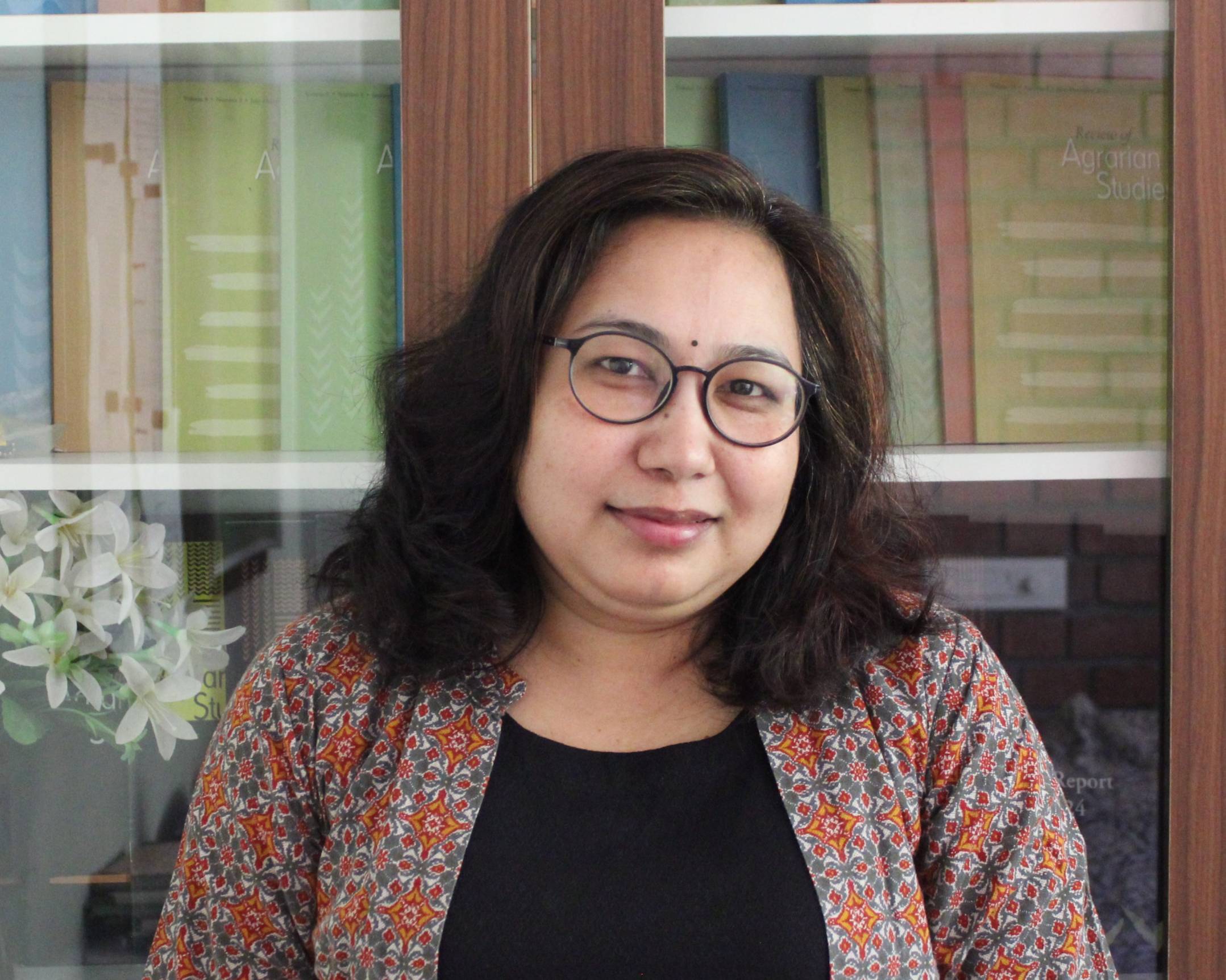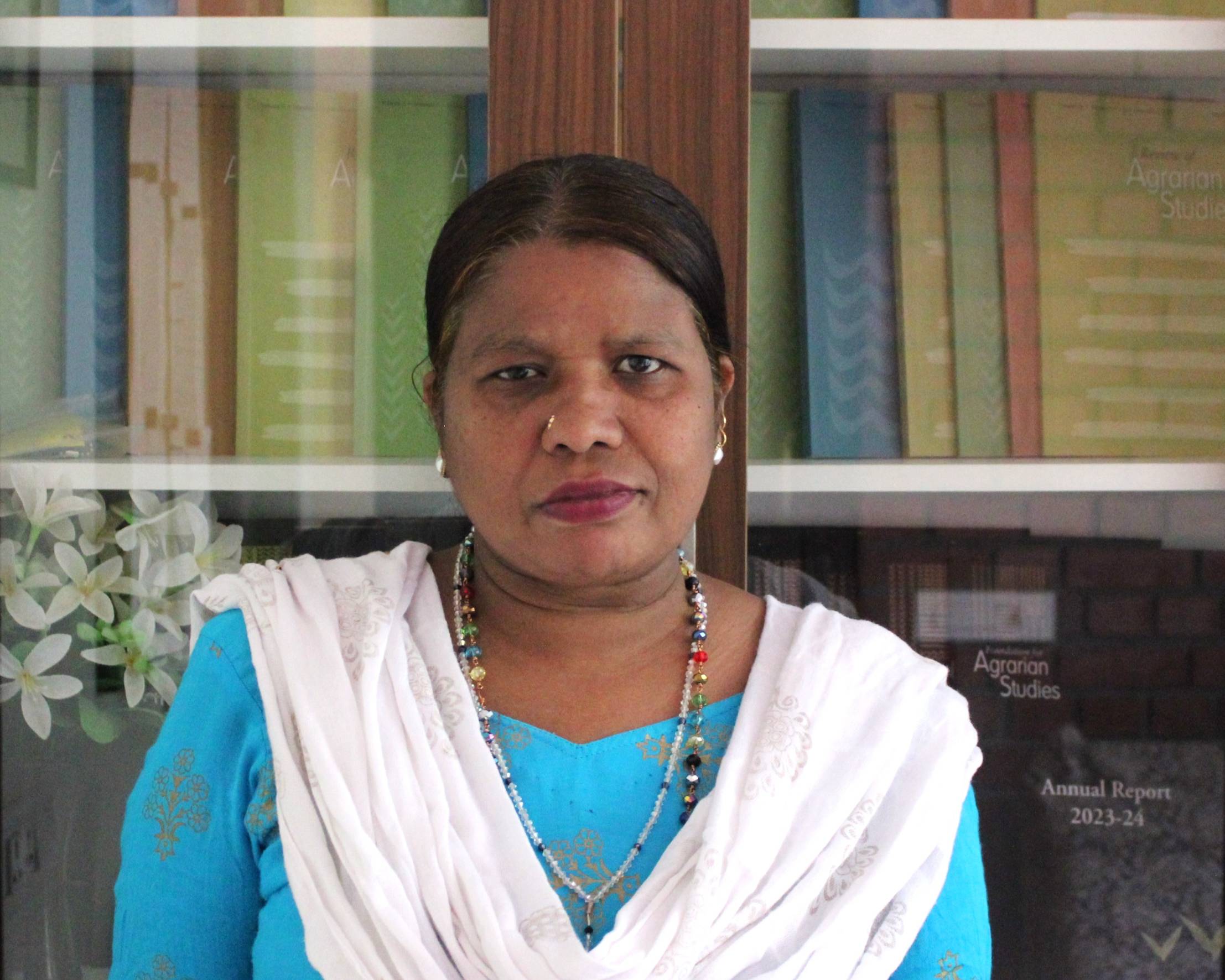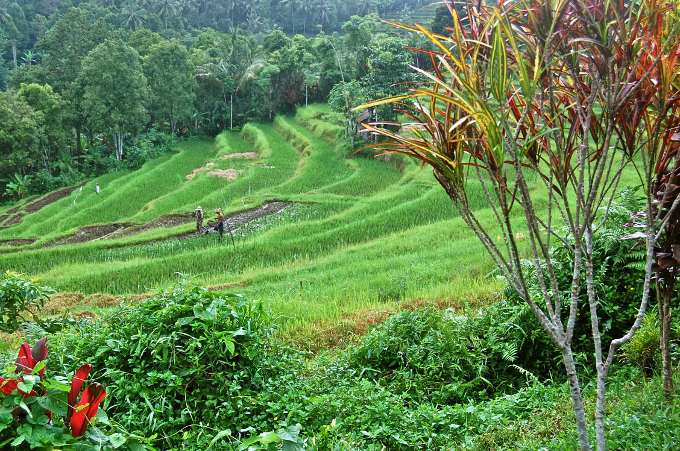
Agriculture is vital to the survival of humanity, and developments in the agricultural sector have short-term and long-term implications for the welfare of humankind. The twentieth century saw a general transformation of agricultural production systems based on a shift from traditional to modern technologies. Scientific and technological advance transformed societies dependent on agriculture.
The development and use of high yielding varieties (HYV) and hybrid varieties (HV) of cereals spearheaded agricultural development across the globe in the 20th century. The use of new varieties with modern inputs to raise productivity reduced the share of people in poverty (particularly in Asia) and established a basis for food security and food sovereignty in several countries.
The 21st century has thrown up new challenges for agriculture, some of which are the consequence of the previous phase of technological development. These challenges are complex, multifaceted, highly variable, and sensitive to geography.
In this context, a collective of 55 researchers across the globe with a wide range of expertise on issues related to various aspects of agriculture came together to prepare a list of what they characterised as the top 100 questions of importance to the future of world agriculture. The 100 questions were finally organized into “four overarching sections that reflect stages of the agricultural production system: (i) natural resource inputs, (ii) agronomic practices (iii) agricultural development and (iv) markets and consumption.”
The significant feature of this exercise is that the questions were raised around a common framework and finalised through a process of wide consultation.
The list is an important effort, and of note for all students of agriculture and studies related to agriculture.
The weakness of the list, however, lies perhaps in its coverage of social science issues. There is no question, for instance, that deals with the distributional implications of technology or on how the benefits of technology are shared across population groups. The list also does not deal with the institutional arrangements required to resolve or answer the questions raised.
[Note: There is a proof error in the first paragraph of the article. It should read 21st century, not 20th century.]
Pretty, J, et al. (2010), “The Top 100 Questions of Importance to the Future of Global Agriculture,” International Journal of Agricultural Sustainability, vol. 8, no. 4.
http://www.fao.org/docs/eims/upload//284803/100%20questions.pdf










